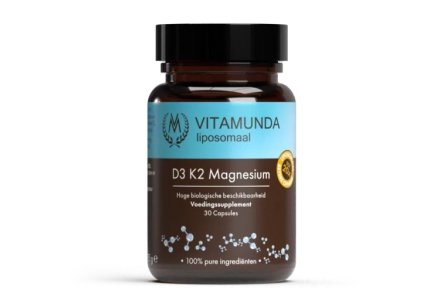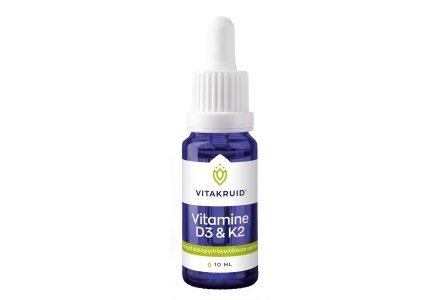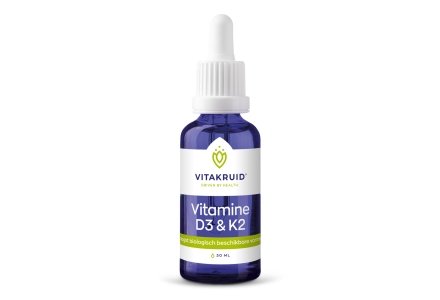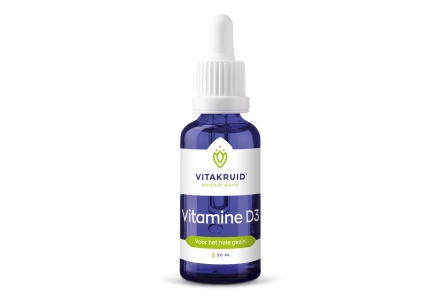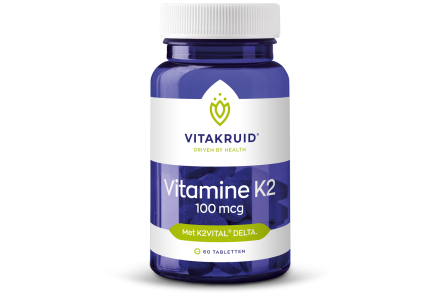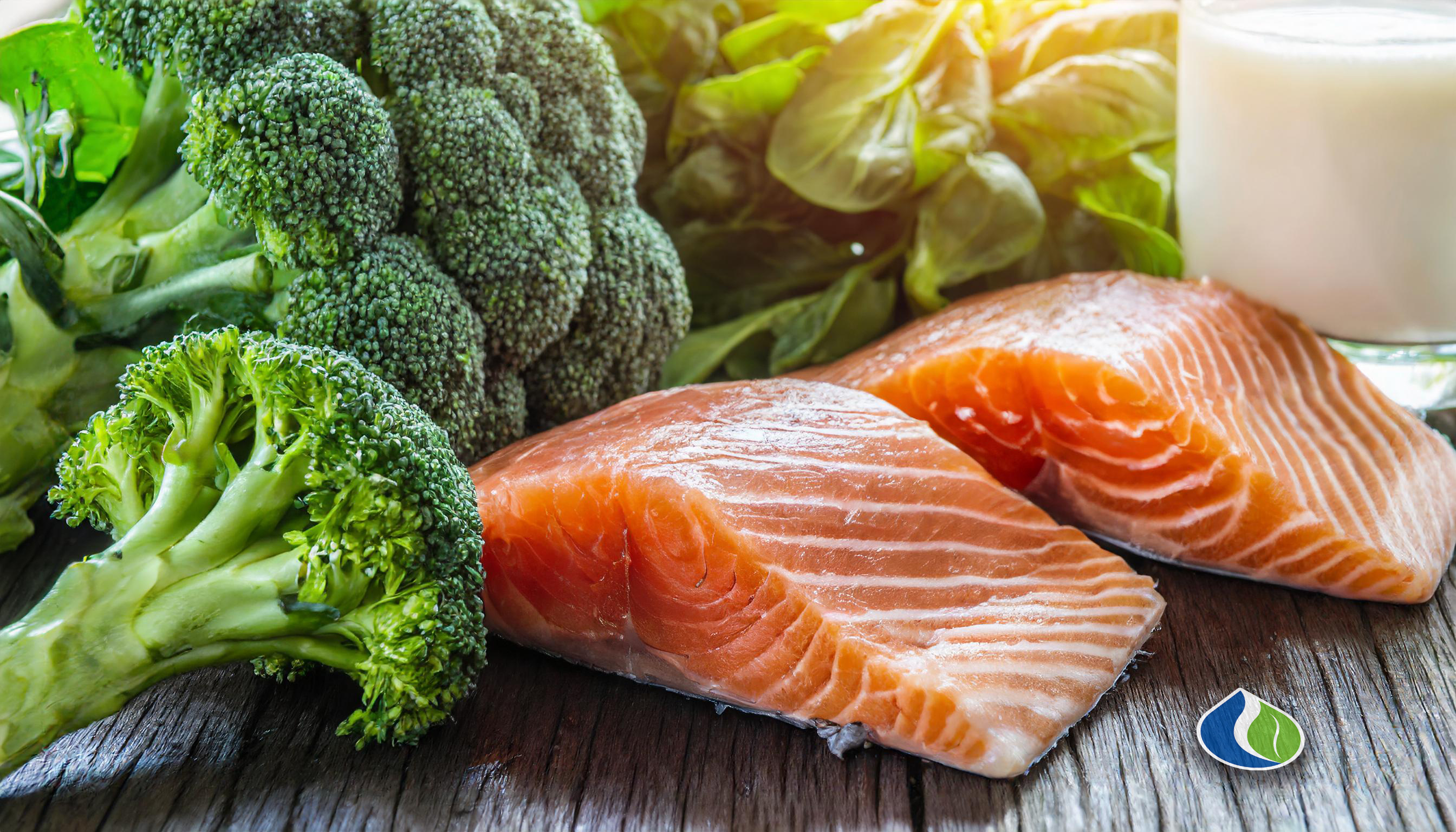
In the ever-expanding world of dietary supplements, Vitamin D stands out as a familiar phenomenon. Despite our body's ability to produce it through sunlight exposure, deficiencies, especially during winter months, can pose a challenge. However, what often goes unnoticed is the synergistic relationship between Vitamin D and K2, where the addition of Vitamin K2 can significantly enhance the efficacy of Vitamin D. In this comprehensive discussion, we delve into the individual functions of both vitamins and explore why their combination is so powerful.
Vitamin D3: An Essential Player in Bone Health
Commonly referred to as the "sunshine vitamin," Vitamin D is crucial for numerous bodily functions. During the summer months, it is primarily synthesized through skin exposure to sunlight. However, the sun's intensity in countries like the Netherlands is only sufficient for about five months a year to produce an adequate level of Vitamin D. Besides sunlight exposure, Vitamin D can also be obtained from food sources such as fatty fish, egg yolks, liver, and fortified foods.
Vitamin D exists in various forms, with Vitamin D3, also known as cholecalciferol, being one of the most effective. This fat-soluble vitamin plays an essential role in several body functions, including calcium absorption, crucial for strong bones and teeth. Additionally, Vitamin D impacts the immune system, supporting the body's resistance and promoting overall health.
Vitamin K2: The Underrated Game Changer
Less well-known than Vitamin D, Vitamin K is a vital nutrient, particularly in the form of K2, also known as menaquinone. This vitamin is found in animal products and fermented food, while some forms can also be produced by gut bacteria.
Vitamin K's primary role is in promoting the synthesis of proteins involved in blood clotting and bone mineralization. Specifically, Vitamin K is essential for producing various clotting factors crucial for blood coagulation. Moreover, Vitamin K facilitates the absorption of minerals, including calcium, into the bones, contributing to their strength and density.
The Synergy Between Vitamin D3 and K2: A Profound Connection
The synergistic relationship between Vitamin D and K is becoming increasingly clear as research progresses. Both vitamins are essential for transporting calcium from the bloodstream into the bones, albeit through different mechanisms. While Vitamin D ensures optimal absorption of calcium from food, Vitamin K2 facilitates the transport of calcium to the bones, where it is needed for building and strengthening bone tissue.
The combination of Vitamin D3 and K2 is particularly significant because it not only helps prevent calcium deposits in soft tissues like blood vessels and kidneys but also ensures efficient utilization of calcium by the bones. Thus, the synergistic action of these vitamins contributes to maintaining strong bones, healthy bone density, and overall health.
Foods Containing Vitamin D3 and K2
Vitamin D3: Sunlight and Diet
Vitamin D3, also known as cholecalciferol, is unique because it can be made by the body when skin is exposed to sunlight, making sunlight a crucial natural source of Vitamin D3. However, for those living in less sunny climates or with limited sun exposure, it's essential to know rich dietary sources of Vitamin D3.
- Fatty fish: Salmon, herring, sardines, and mackerel are excellent sources of Vitamin D3, containing not just Vitamin D3 but also rich in omega-3 fatty acids, making them a healthy choice for heart and blood vessels.
- Fish oil: Cod liver oil is a traditional source of Vitamin D3 and omega-3 fatty acids.
- Eggs: Particularly the yolks contain Vitamin D3 among other essential nutrients.
- Fortified foods: Some dairy products, orange juice, and breakfast cereals may be fortified with Vitamin D3, offering a good option for vegetarians.
Vitamin K2: Fermentation and Animal Products
Vitamin K2, or menaquinone, is primarily found in fermented foods and certain animal products. This vitamin plays a key role in blood clotting and promotes bone and heart health.
- Fermented foods: Natto, a Japanese dish made from fermented soybeans, is the richest known source of Vitamin K2. Other fermented products like kefir and some cheeses (e.g., Gouda and Brie) also contain Vitamin K2.
- Animal products: Meat from grass-fed animals, organ meats (like chicken liver), and egg yolk are good sources of Vitamin K2.
- Dairy: Full-fat dairy products from grass-fed animals contain higher levels of Vitamin K2.
Conclusion: A Collaboration for Optimal Well-being
In this extensive discourse, we have explored the individual roles of Vitamin D3 and K2, as well as the powerful synergy that arises when they are combined. Vitamin D proves essential for calcium absorption, while Vitamin K2 is crucial for transporting calcium to the bones and preventing unwanted accumulations elsewhere in the body. At Meditech Europe, we recognize and embrace the value of this synergy for maintaining optimal health and well-being.
As dedicated advocates for a healthy lifestyle, we are ready to guide our customers in the proper use of dietary supplements, including Vitamin D3 with K2. For more information or advice, feel free to contact us at info@meditecheurope.nl or by phone at +31527 292 331. Your health is our priority, and we strive to support you on your journey towards a vital and prosperous life.
